Sleep maintenance post sleep training
maintaining good sleep in infants
Whether your child is 3 months or 3 years old, one thing that comes up time and time again, is how to maintain good sleep once you have it.
A lot of parents prior to committing to sleep training, worry about putting the time in and to endure some tears, to have the sleep regress or fall apart at a later date can be daunting.
The kinds of issues parents worry about sleep maintenance through are: illness, travelling, teething and sleep regressions to name a few.
Once a child knows how to fall to sleep, they don't forget how to do it, but certainly circumstances will change, and this could resort in you changing how you deal with them. In turn, this will then change what they expect from you.
I say it time and time again, but when you work on a little ones' sleep, you are not teaching them to sleep through the night without waking up, you are teaching them how to fall to sleep and go back to sleep without expecting something from you. So the actual pattern is the same, as it was before, you are just not aware of all the wakings.
- Don’t question, why are they waking up? question, why are they not going back to sleep ?- The key to good sleep all starts at bedtime and how a child FIRST falls to sleep, so if you had a previously good sleeper, who would fall to sleep no problem and sleep through the night, who then got sick, then you can expect to see some issues seep in again over night.
- How do you get around this, or how do you avoid this I hear you ask -I'll use illness as an example here: Your baby has a cold and can not fall to sleep as easily as they did when they were healthy - so you decide to rock them or feed them or do something to help them fall to sleep.
They still know how to do it, BUT they are struggling because they have a blocked nose, and maybe a low grade fever (example).
They key is to not offer props to help them fall to sleep, but to offer something that will allow them to feel better, so sleep is easier when bedtime rolls around.
For nasal congestion, its going to be keeping that nasal passage clear, with an aspirator and saline ( you can even use breastmilk ), for a sore throat, its going to be some fluids, for a fever its going to be medicine, for a dry cough, it’s going to be a cool mist humidifier and so on.
You have to do what is going to make your baby the most comfortable, and babies just like us do get sick (in fact this winter was one of the worst for the little ones, I had so many clients in hospital with babies with RSV)
As an adult if you are sick and have the flu (fever, body aches, headache), you still know how to fall to sleep but getting to sleep or sleeping well, can be more challenging, so you would likely take something for it, to help with the body aches and pains.
Conclusion: if your child is sick, you are treating the illness. This is not a sleep issue, sleep is secondary and can come off track due to a primary cause (the illness).
Its the same with the sleep regressions, which are usually linked to new motor skills - when a child goes to bed but has learnt to stand, the last thing on their mind is going to sleep - instead, they want to stand, stand, stand, but wait…. they can’t get back down!
If you had a child that was sleeping and your sleep has come off track and you need some help to get back on track, I'm here for you.
The Quick Fix option is the best package for those whose child was sleep trained but whose sleep has gotten off track as you are not starting from scratch, you just need some help to get back on track.

